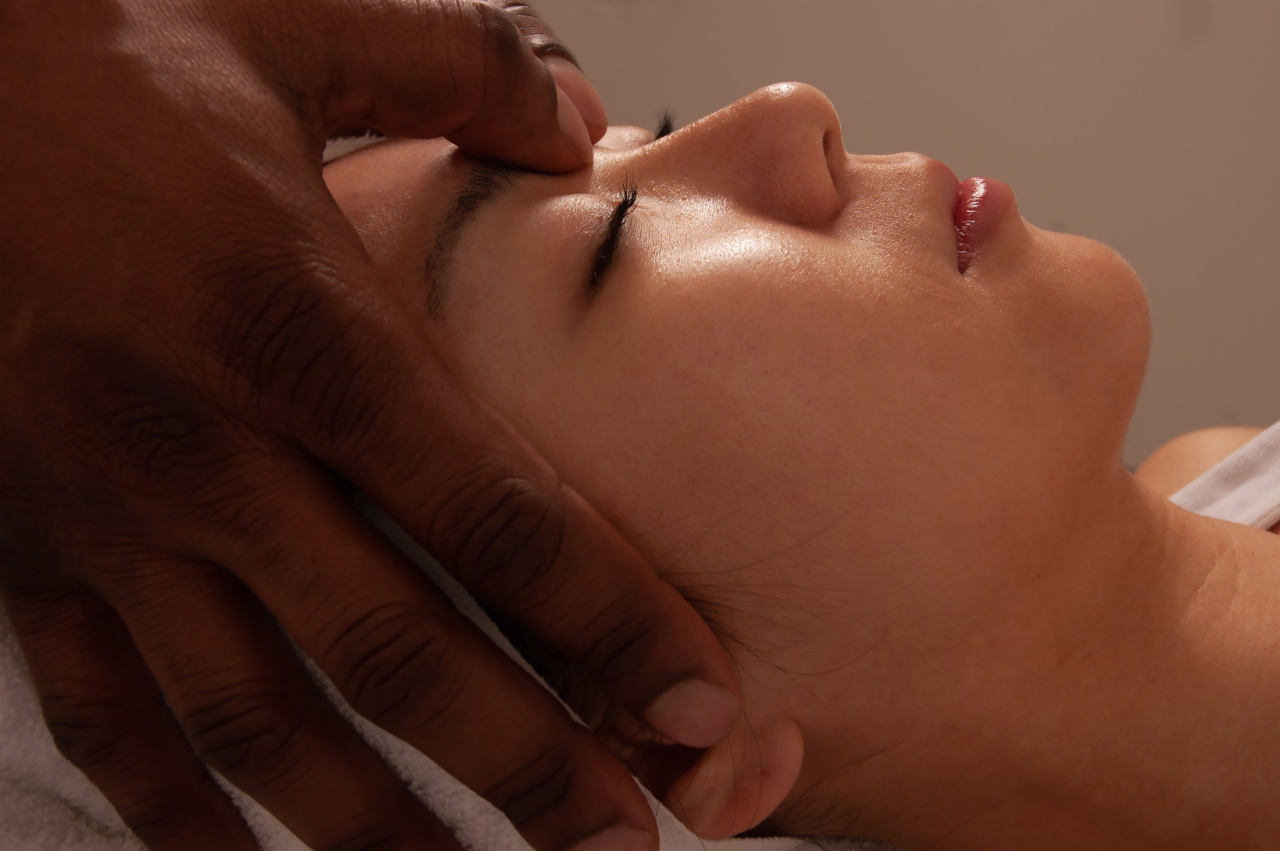Suffering from irritated skin can be a frustrating and uncomfortable experience. Whether it’s due to a rash, dryness, or sensitivity, finding relief for your irritated skin can greatly improve your quality of life.
In this ultimate guide, we will explore various causes of skin irritation and provide you with valuable tips and remedies to soothe and heal your skin.
1. Understanding Irritated Skin
Before diving into remedies, it’s important to understand what causes irritated skin.
Irritation can be triggered by various factors including allergies, environmental elements, harsh skincare products, and underlying skin conditions such as eczema or dermatitis.
2. Identifying the Cause
In order to effectively treat your irritated skin, it’s crucial to identify the root cause. Keep a journal of potential triggers such as certain fabrics, cosmetic ingredients, or exposure to specific weather conditions.
This will help you eliminate or minimize contact with irritants.
3. Gentle Cleansing
When dealing with irritated skin, it’s vital to adopt a gentle cleansing routine. Use mild, fragrance-free cleansers and lukewarm water to avoid stripping your skin of its natural oils.
Pat your skin dry instead of rubbing it, as friction can further aggravate irritation.
4. Moisturize, Moisturize, Moisturize!
Dry skin often goes hand in hand with skin irritation. Regular moisturization is key to maintaining healthy and hydrated skin. Look for moisturizers with soothing ingredients like aloe vera, chamomile, or colloidal oatmeal.
Apply moisturizer to damp skin to lock in moisture.
5. Avoid Irritating Ingredients
Be mindful of the ingredients in your skincare products as they can exacerbate irritation. Stay away from products containing fragrances, alcohol, sulfates, and dyes.
Opt for hypoallergenic and non-comedogenic products, specifically formulated for sensitive skin.
6. Calming Natural Remedies
There are plenty of natural remedies that can provide relief for irritated skin. Aloe vera gel, for example, has anti-inflammatory properties and can soothe itching and redness.
Applying cold compresses or a bath with colloidal oatmeal can also alleviate discomfort.
7. Use Topical Steroids with Caution
In more severe cases of skin irritation, a dermatologist may prescribe topical steroids. While these can be effective in reducing inflammation, prolonged use can have side effects.
It’s important to consult with a medical professional and follow their instructions carefully.
8. Protect Your Skin
Shielding your skin from further damage is essential for its healing and recovery. Wear sunscreen with at least SPF 30 and protective clothing, such as wide-brimmed hats and long-sleeved shirts, to guard against UV rays.
Avoid excessive sun exposure, especially during peak hours.
9. Hydrate and Nourish from Within
Remember, healthy skin starts from within. Stay hydrated by drinking an adequate amount of water throughout the day. Consume a balanced diet rich in vitamins, minerals, and omega-3 fatty acids, as these nutrients promote skin health and healing.
10. Seek Professional Help
If your skin irritation persists or worsens, don’t hesitate to seek professional help. Dermatologists and skincare specialists can provide personalized advice and treatment options tailored to your specific condition.































